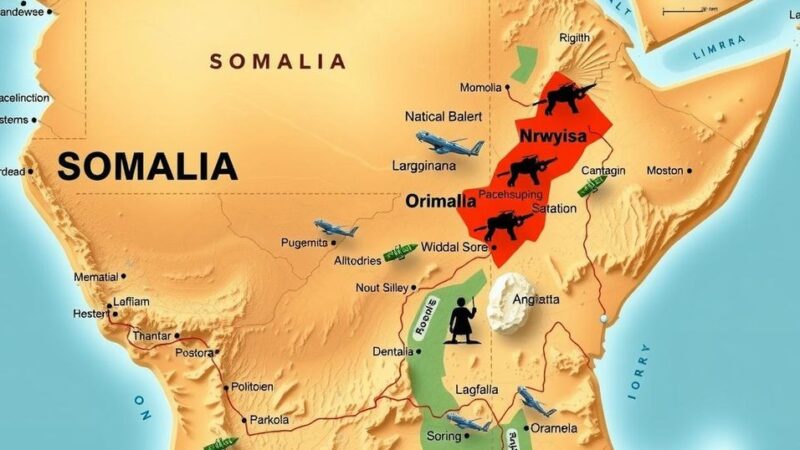Tunisia has announced its withdrawal from the African Court on Human and Peoples’ Rights, a decision met with condemnation from human rights organizations. The announcement followed a troubling trend of diminishing freedoms under President Kais Saied’s administration. Critics argue that this withdrawal undermines Tunisia’s human rights commitments and limits citizens’ access to justice.
Tunisia has announced its withdrawal from the African Court on Human and Peoples’ Rights, a decision condemned by various rights groups as indicative of a growing trend toward authoritarianism in the country. The government’s declaration, shared by activists, states that it has revoked the court’s recognition to hear cases from individuals and NGOs, though no rationale was provided for this decision.
The Tunisian foreign ministry has remained silent on the matter despite requests for comments from the press. In 2017, Tunisia allowed its citizens and NGOs to petition the court following the Arab Spring, positioning itself as a leading example of democracy in the region. However, President Kais Saied’s consolidation of power since 2021 has prompted widespread concern regarding civil liberties.
Many of President Saied’s prominent opponents are currently imprisoned, with ongoing mass trials for alleged conspiracies against the state, which critics label as politically driven. In May 2023, relatives of detained opposition leaders, including Ennahdha party head Rached Ghannouchi, sought intervention from the African court.
The court ruled against Tunisia in August, calling for the government to allow access to legal counsel and medical care for detainees. In light of Tunisia’s withdrawal, the Tunisian League for Human Rights has criticized the decision as secretive and a regressive step away from judicial accountability.
The human rights organization, CRLDHT, has expressed that this withdrawal undermines Tunisia’s historical commitment to the court and represents a disgraceful departure from the nation’s human rights pledges. They assert that this move deprives citizens and organizations of the ability to challenge state violations effectively before an international tribunal.
Tunisia’s withdrawal from the African Court on Human and Peoples’ Rights represents a significant deterioration of civil liberties in the country. Rights organizations view this decision as part of a broader authoritarian trend under President Kais Saied, which includes the imprisonment of opposition figures and the suppression of dissent. This move not only nullifies Tunisia’s previous commitments to human rights but also restricts the legal recourse available to its citizens against state violations.
Original Source: www.arabnews.com






